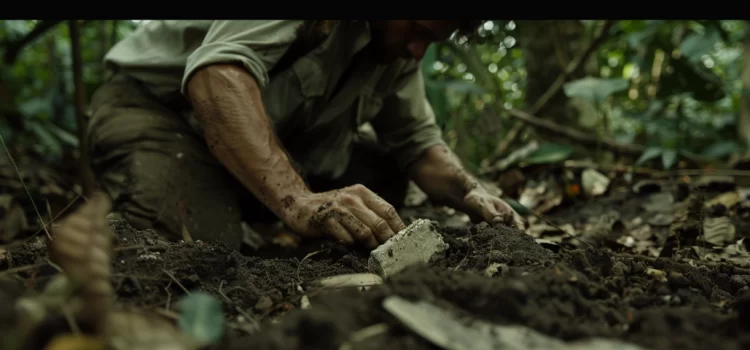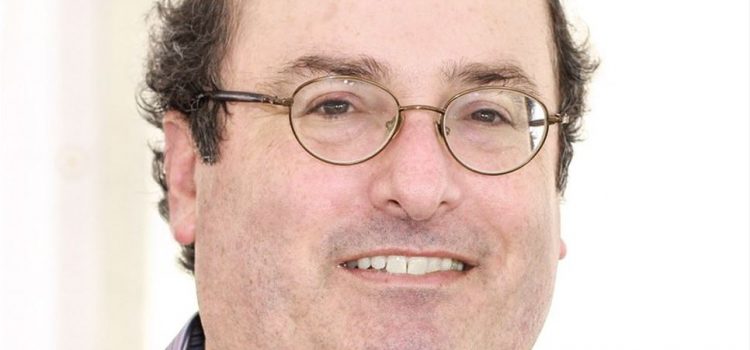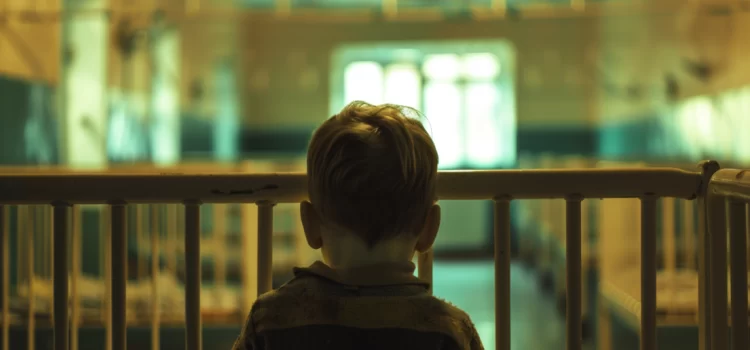Do you want to find purpose in your post-retirement life? Do you want to forge a new identity beyond your old job title? In his book How to Retire Happy, Wild, and Free, Ernie Zelinski says that retirement should be a time to rediscover yourself. He says you can do so by embracing your interests, exploring new hobbies, mentoring others, and more. Here are some ways you can find your second wind after retirement.
How You Can Use Retirement to Rediscover Yourself










